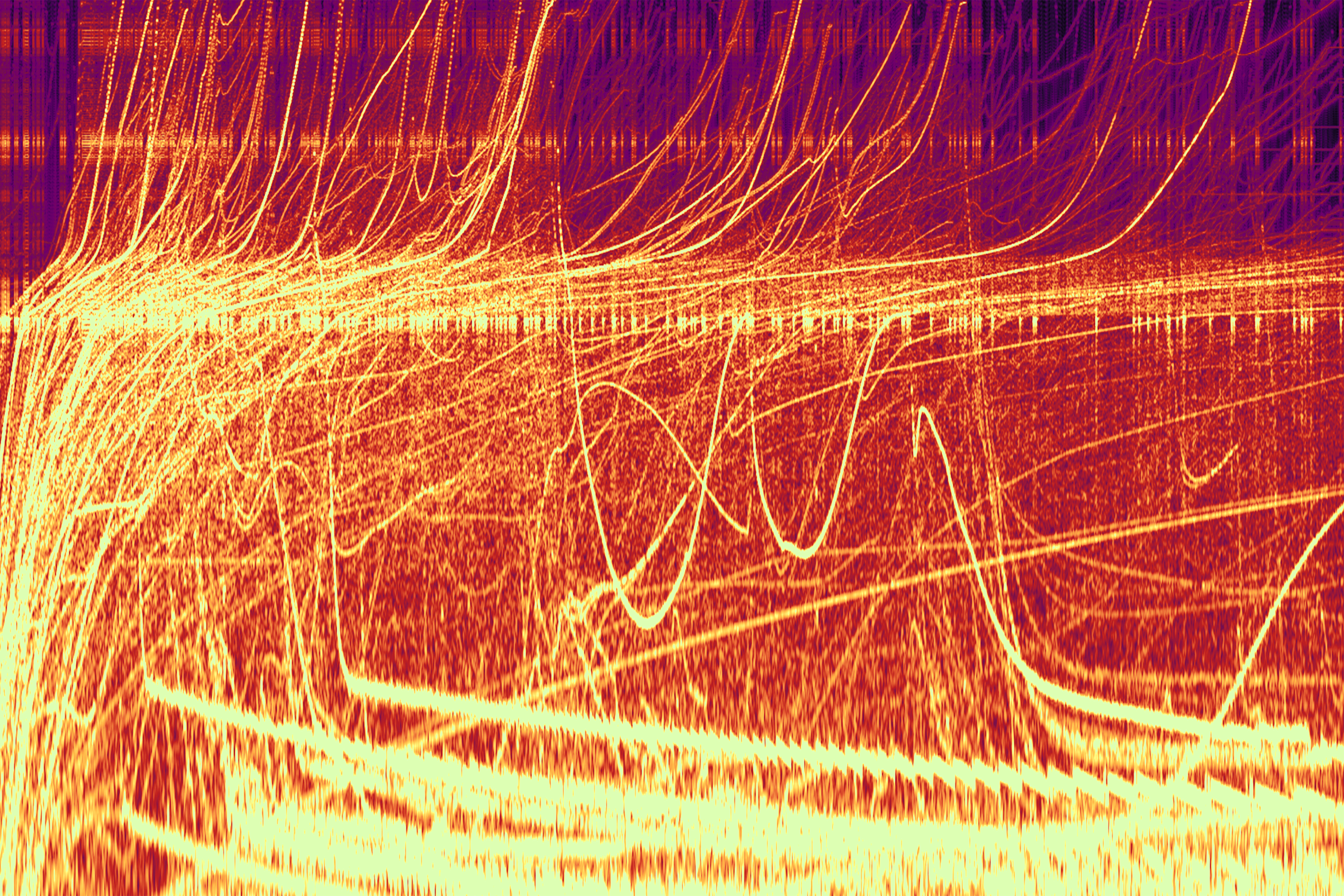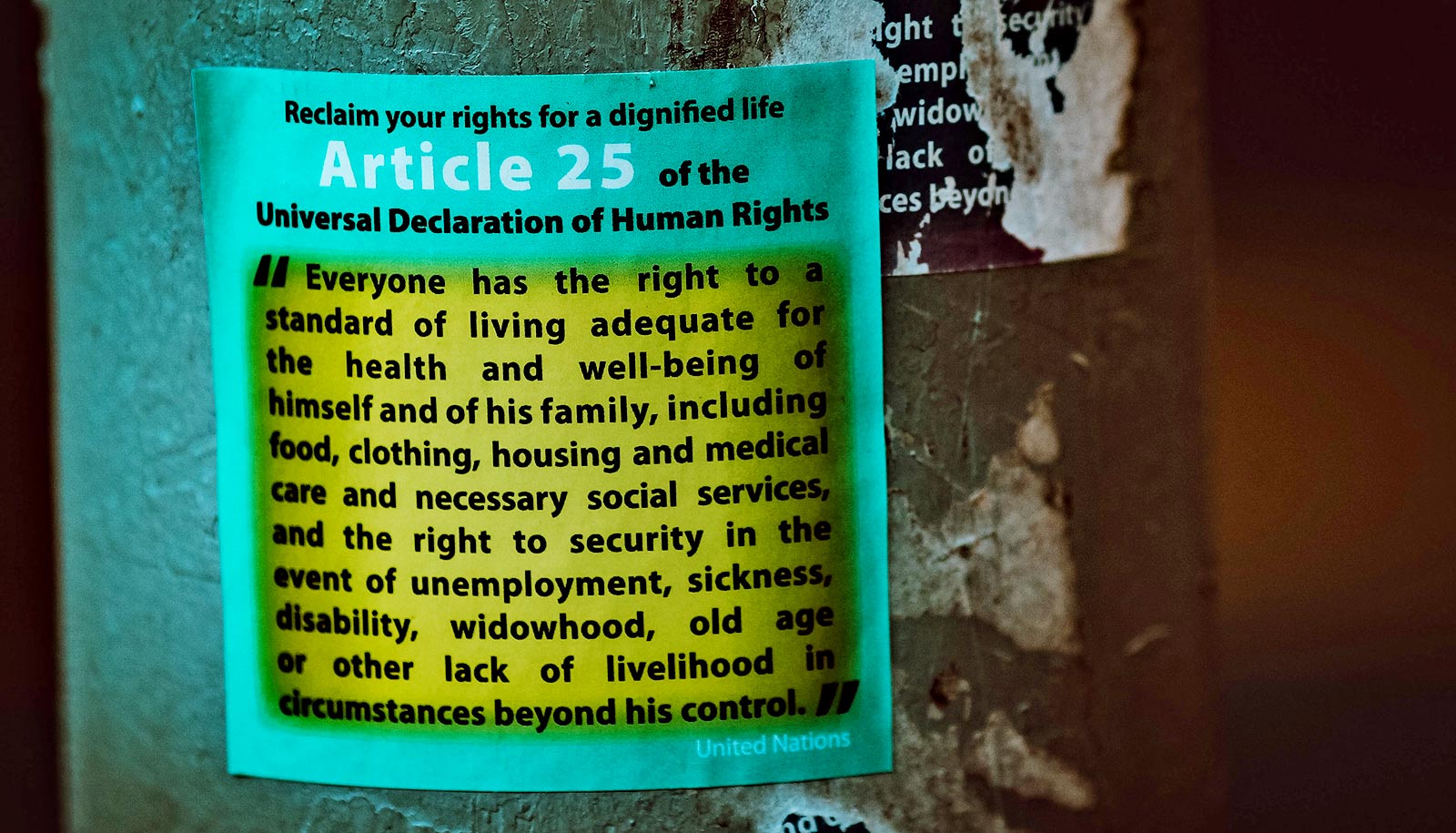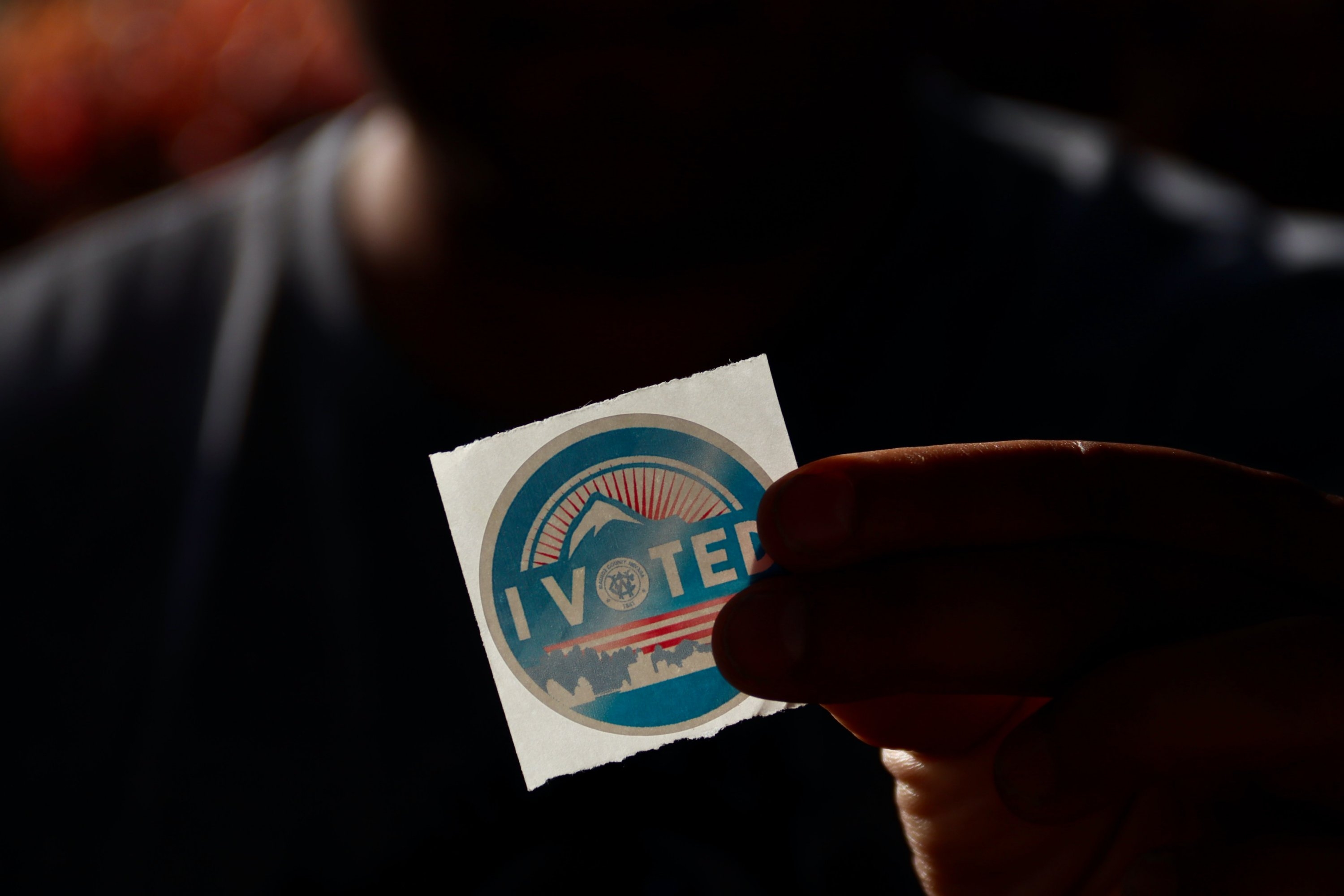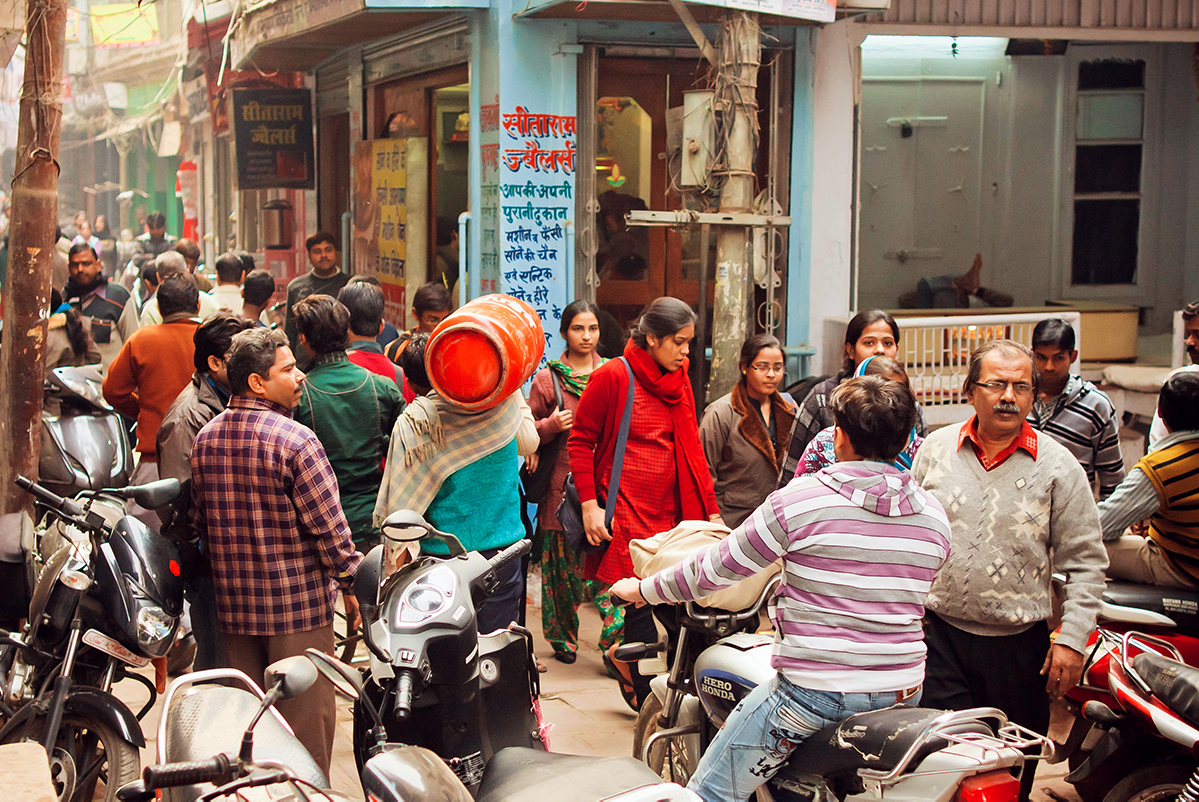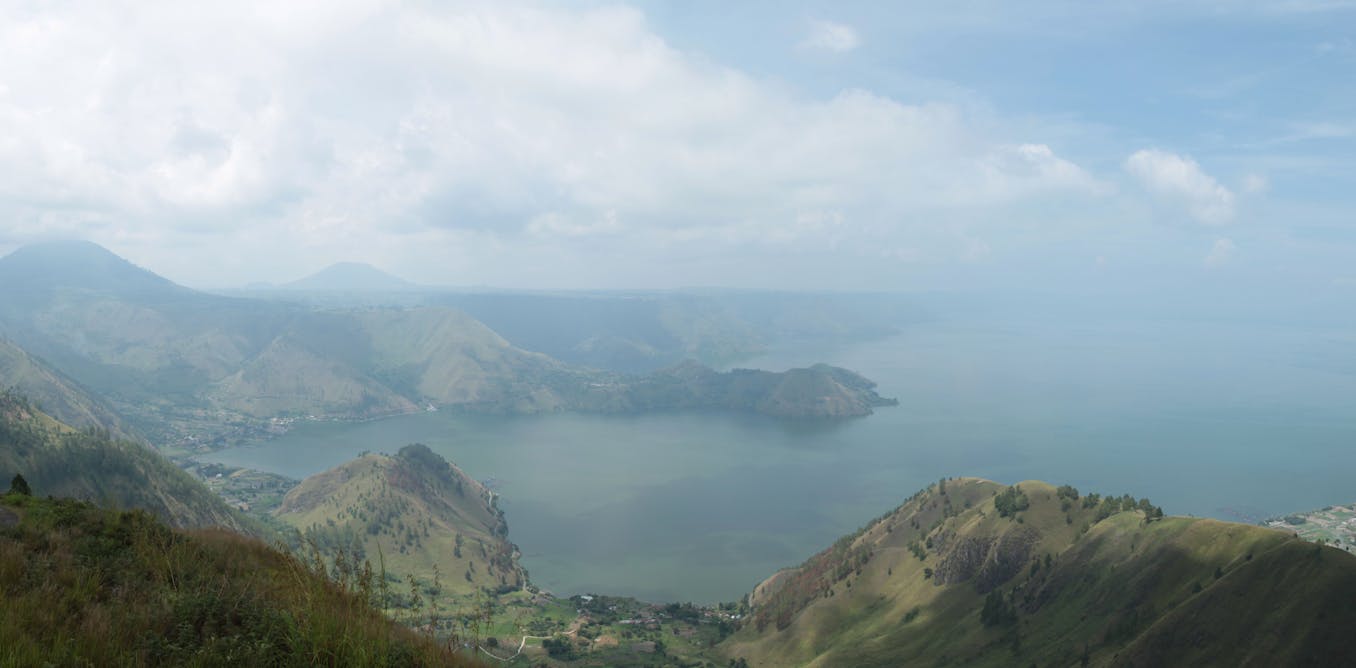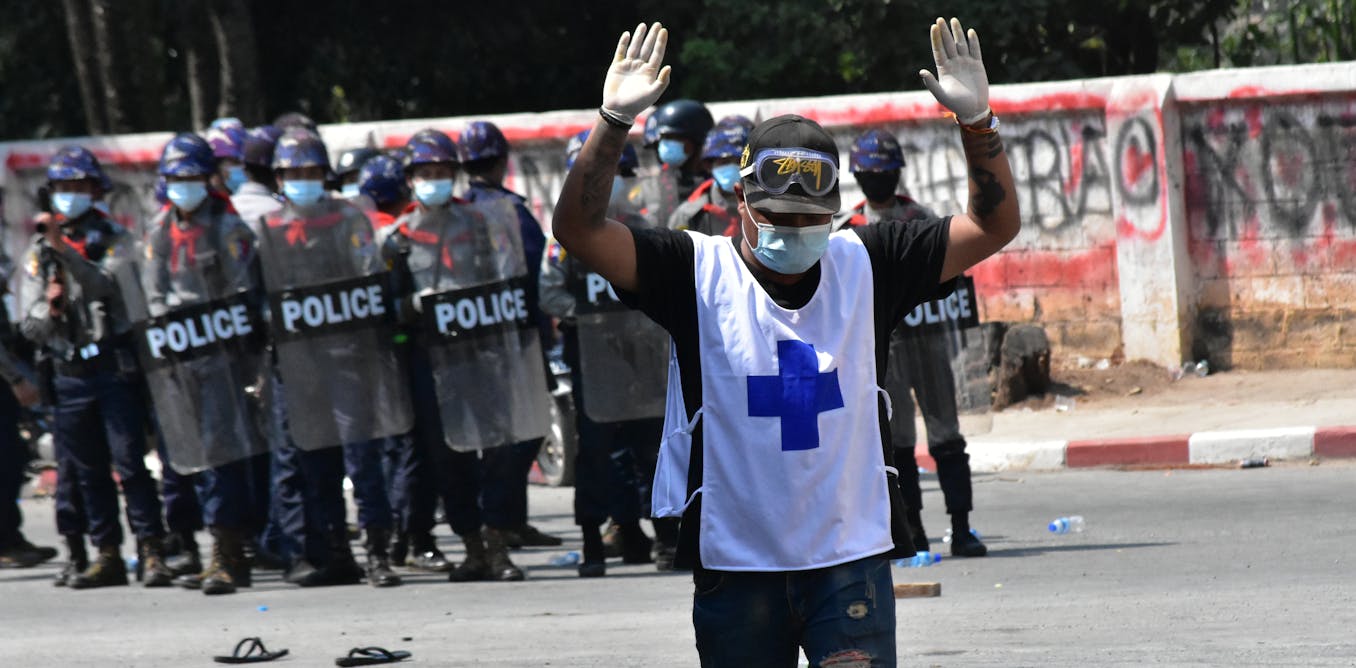The aching red: Firefighters often silently suffer from trauma and job-related stress
Firefighters are hailed as heroes and pillars of strength, bravery and courage. But the daily stressors and traumas of their jobs take a heavy emotional toll that largely goes unnoticed by the public.
Aug. 13, 2021 • ~10 min


